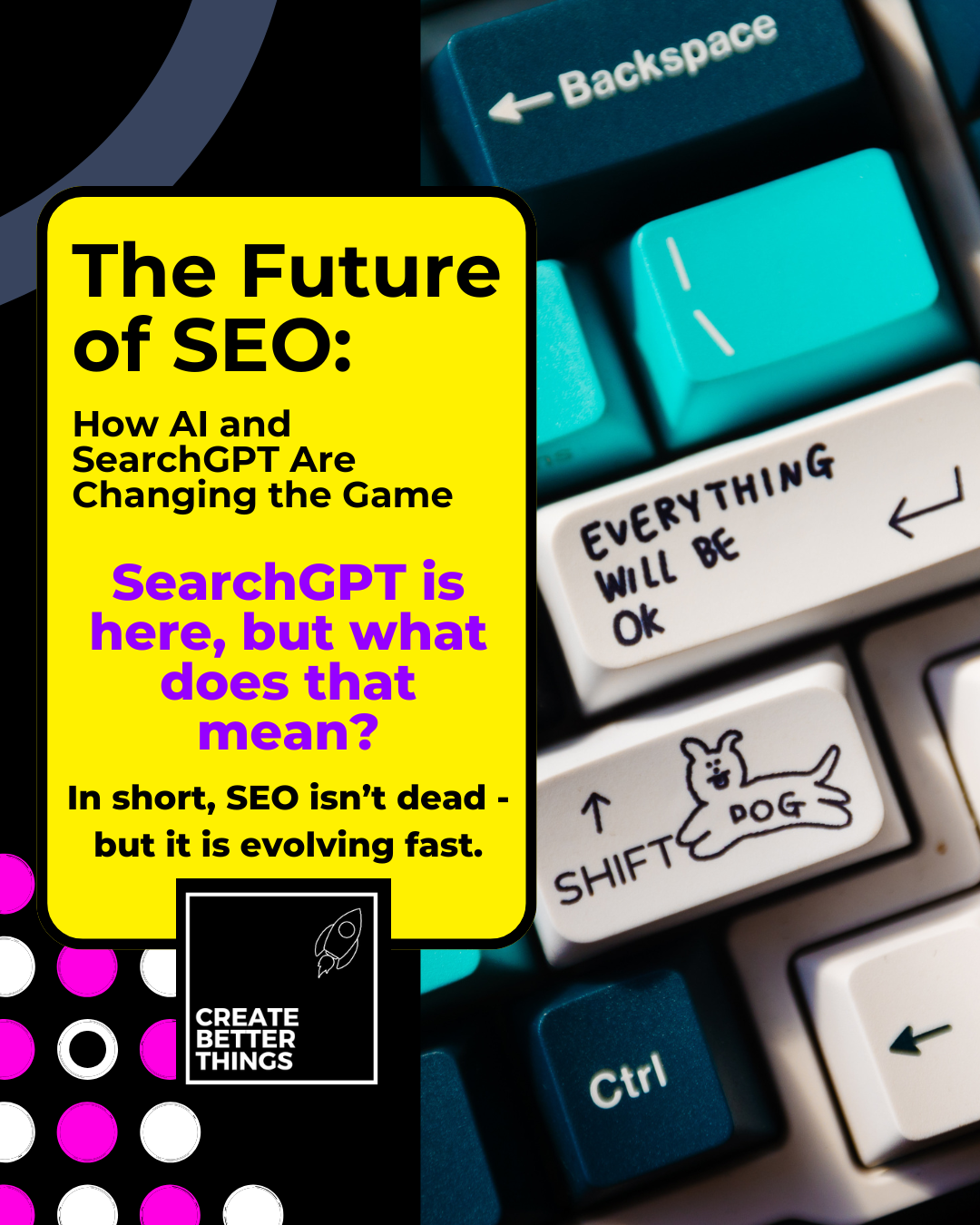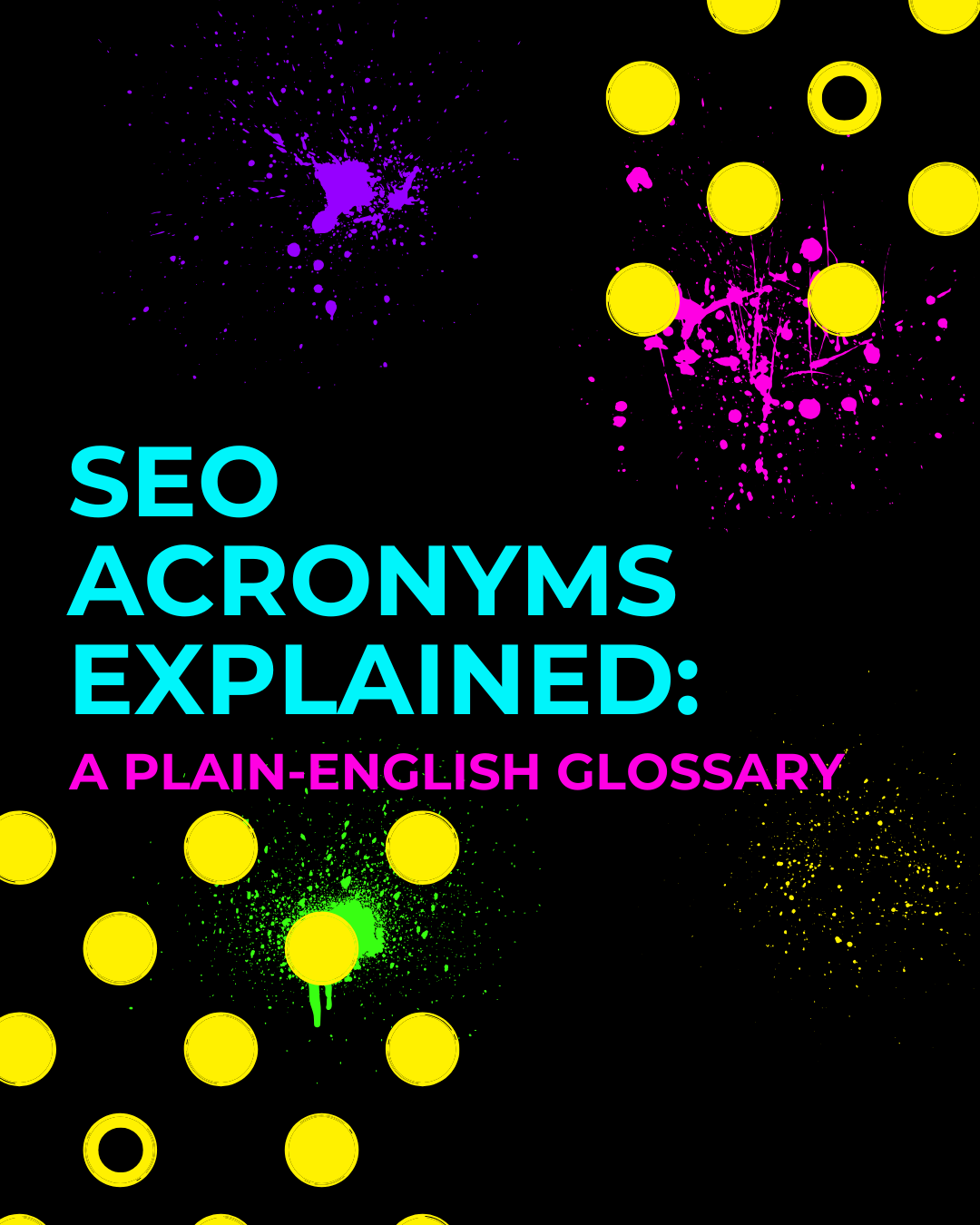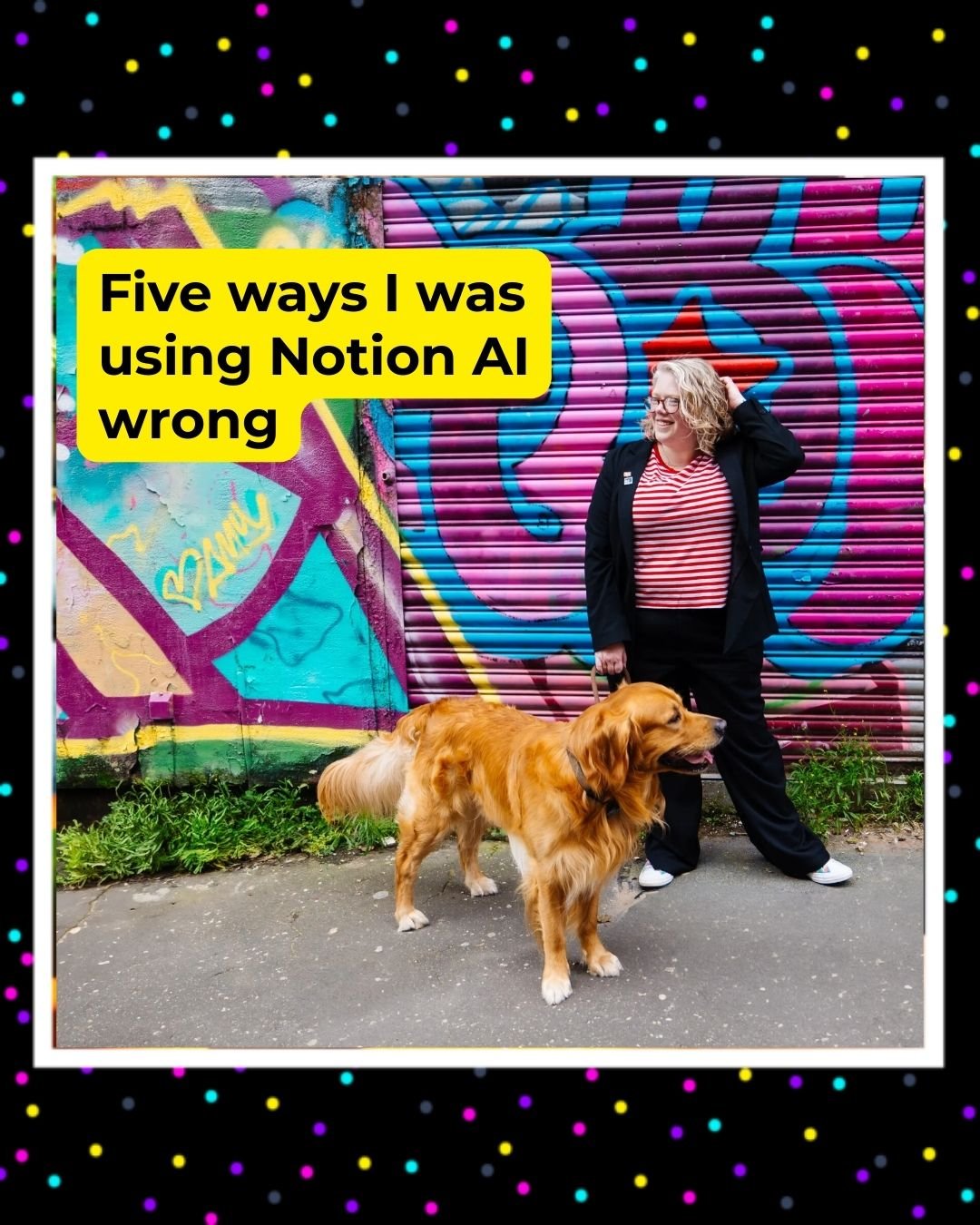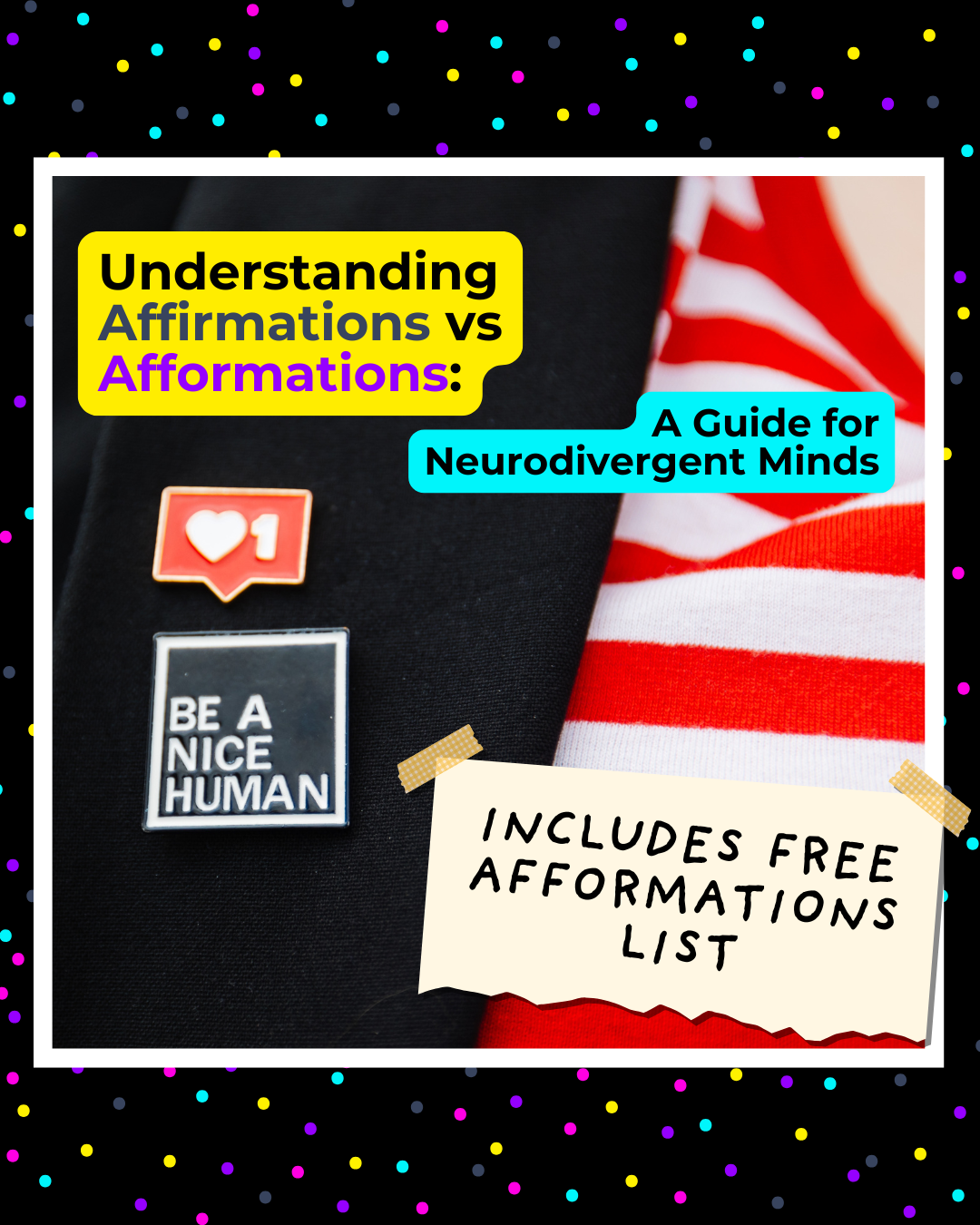- SearchGPT vs Google: A New Way to Search
- The Benefits for Users: Faster, Smarter Searches
- The Future of SEO: Impact
- The Future of SEO: Paid Search
- The Future of Search:
- Final Thoughts
It’s official, folks. The search landscape is shifting, and the future of SEO is about to get a whole lot more interesting. With OpenAI’s SearchGPT now in the mix, Google’s long-standing dominance is facing its biggest challenge yet. But what does this mean for us, the users, and for businesses navigating the ever-changing world of SEO and paid search? Will we now have to factor in how to appear on SearchGPT? Let’s dive into how AI is revolutionising search and what we can expect in this new era.
SearchGPT vs Google: A New Way to Search
We’ve all been there. You type a query into Google, and up pops a list of links. You click through several pages, trying to find the one that actually answers your question. It’s not the worst thing in the world, but it’s certainly not the most efficient way to get information.
Enter SearchGPT – OpenAI’s shiny new toy that promises to change how we find information online. Instead of giving you a list of links, SearchGPT provides direct answers, in a conversational style, with sources clearly cited. It’s like having a chat with someone who knows everything (well, almost everything) and can explain it in a way that makes sense.
How Does SearchGPT Work?
SearchGPT uses AI models to crawl the web and deliver up-to-date information tailored to your specific query. This means you can ask follow-up questions without having to rephrase or search again – something Google hasn’t quite nailed yet. It also pulls in photos, links, and even related content for deeper dives into any topic you’re curious about.
This conversational approach is a game-changer for users who want quick, relevant answers without sifting through endless blue links. But while it sounds like a dream come true for us lazy searchers (guilty as charged), it’s set to shake up more than just how we ask questions.
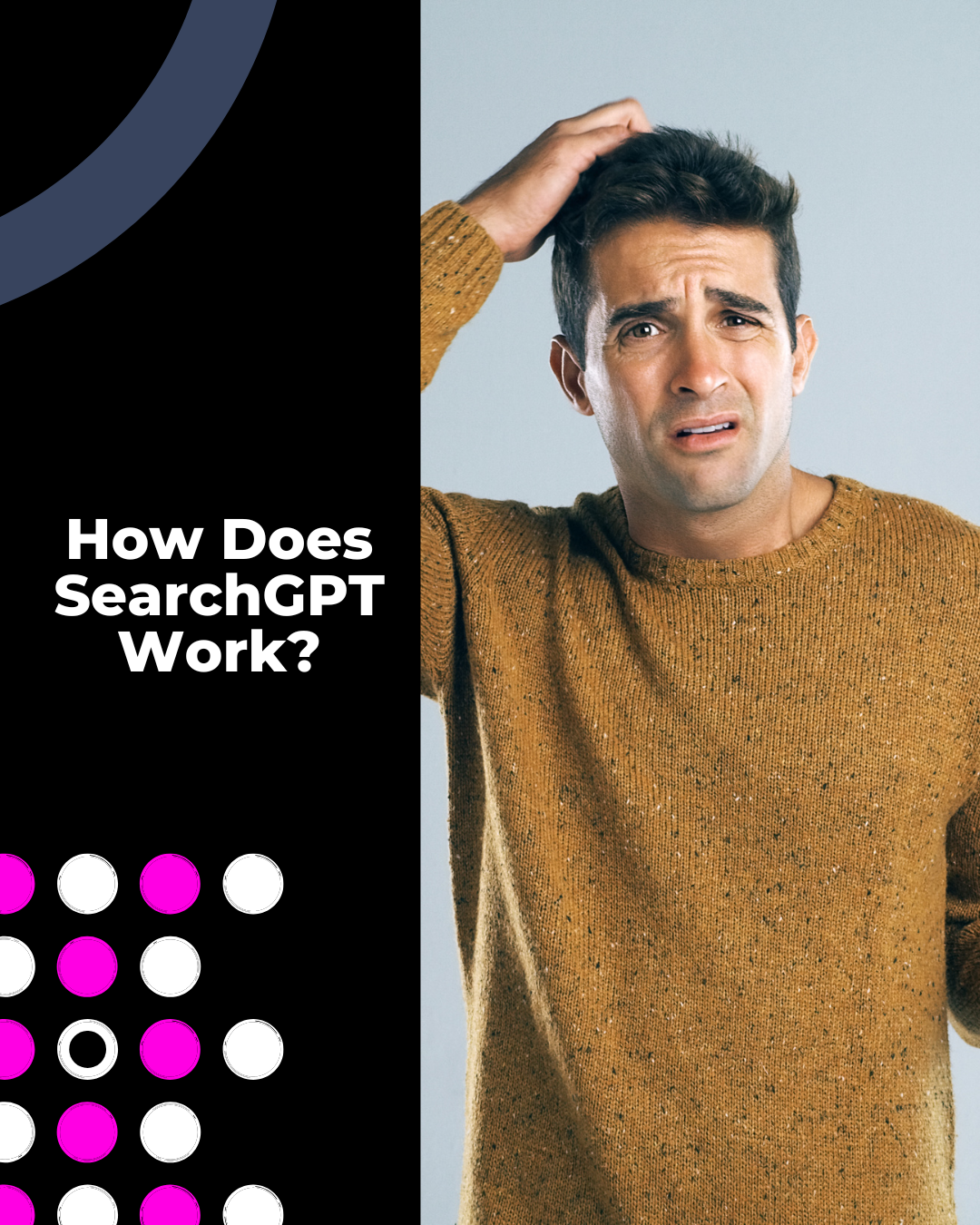
The Benefits for Users: Faster, Smarter Searches
To be fair, Google has been brilliant at giving us access to an unimaginable amount of information. But it’s not perfect and it’s certainly getting worse. There’s a great video from Mrwhosetheboss that spells it out brilliantly.
Not to mention that you often need multiple searches, or you have to wade through ads and irrelevant content before you find what you’re looking for.
With SearchGPT, AI takes the guesswork out of searching by understanding the intent behind your query. No more playing keyword bingo – just ask your question in plain English (or whatever language you fancy), and boom! You’ve got your answer.
Sounds like a win-win for users, right? Well, yes… but there’s more to this story.
The Future of SEO: Impact
The Death of Organic Traffic?
For businesses relying on organic search traffic (aka everyone with a website), this shift could be both exciting and terrifying. If SearchGPT gives users direct answers without needing them to click through to websites, what happens to all that lovely traffic we’ve been working so hard to drive?
Adapting to Zero-Click Searches
We’ve already seen a rise in zero-click searches – those snippets at the top of Google that answer your question without requiring you to visit a site. With AI-driven tools like SearchGPT providing even more detailed answers directly within the chat interface, expect this trend to skyrocket.
This means businesses will need to rethink their SEO strategies entirely. Instead of focusing solely on getting people to click through to their site, they’ll need to ensure their content is optimised for AI-driven search results. That means creating high-quality content that answers specific questions clearly and concisely while still demonstrating authority (think E-E-A-T: Expertise, Authoritativeness, Trustworthiness).
SEO Strategies Will Need an Overhaul
Gone are the days when stuffing your page with keywords would help you rank higher. AI doesn’t just look at keywords – it understands context. This means SEO will shift towards semantic search optimisation, where content needs to match user intent rather than just ticking off keyword boxes.
To stay competitive in this new world:

In short, SEO isn’t dead – but it is evolving fast.
The Future of SEO: Paid Search
A Smarter Way Forward?
If SEO is getting turned upside down, what about paid search? Well, AI is also shaking things up here – but in ways that could actually make life easier for marketers.
Smarter Targeting & Automated Bidding
AI-powered systems are already making paid search campaigns smarter by analysing vast amounts of data in real-time. This allows advertisers to target audiences with laser precision based on their behaviour and preferences. Automated bidding strategies mean less manual tweaking and better performance overall.

For example, if you’re running ads targeting women aged 35-44 who love Lego (I wonder who that could be…), AI can analyse data from across platforms – search queries, social media activity – to show your ads only to those most likely to convert. This makes campaigns more efficient while reducing wasted ad spend.
Ad Optimisation & Reporting
AI doesn’t just stop at targeting – it also helps optimise ad copy by analysing which phrases perform best with different audiences. Plus, enhanced reporting tools provide insights into campaign performance that would take humans ages to figure out.
In short: less guesswork, more results.
The Future of Search:
What Happens Next?
So, what does all this mean for how we use the internet moving forward?
Well, as AI continues its march towards world domination (kidding… sort of), we can expect search engines – and our relationship with them – to evolve dramatically:

Businesses will need to adapt quickly or risk being left behind as AI reshapes how we discover information online.
How to Appear on SearchGPT
If you want your business to appear in SearchGPT results, you must optimise your content for AI search engines.
Final Thoughts
The launch of SearchGPT marks a pivotal moment in the evolution of search technology – and it’s only just beginning. For users like us? It means faster answers delivered in a way that feels natural and intuitive. For businesses? Well… let’s just say there’ll be some sleepless nights ahead as they figure out how best to navigate this brave new world.
But one thing’s for sure – whether you’re an SEO expert or someone who just wants their questions answered quickly – AI is here to stay. And it’s going to change everything.
So buckle up – it’s going to be one hell of a ride!

